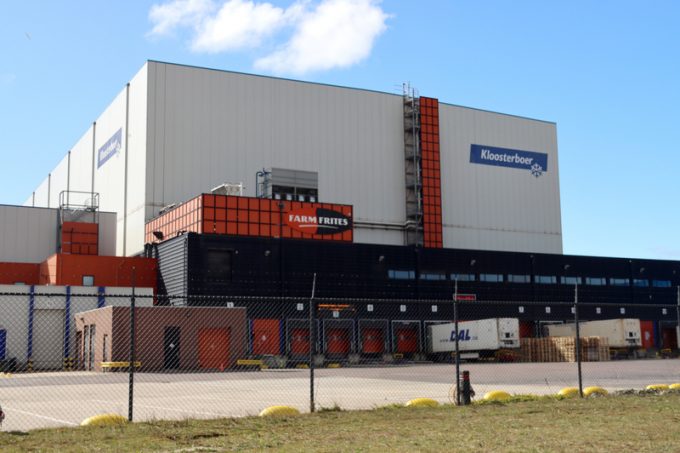$31bn Lineage – build the upside, sniff the downside
Almost addictive, it seems

US cold storage real estate investment trust Lineage Logistics has embarked on a transatlantic buying spree.
On 8 June the company announced the acquisition of Kloosterboer Group, an integrated platform for temperature-controlled storage, logistics and value-added services.
Kloosterboer has 11 facilities, in the Netherlands, France,Germany, South Africa ...

Comment on this article